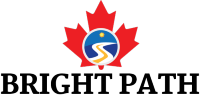Once you arrive in Canada, there are a few crucial actions you must take to get ready for your new life. Even though there are a lot of resources available from the Canadian government to help at every step of the process, it may still seem intimidating to newcomers. These are the top five things you should do upon your first arrival in Canada.
1. Accommodation
When you arrive in Canada, you will immediately need a place to reside. Make reservations for temporary housing in advance to avoid any stress when you arrive. For short-term lodging, hotels, and hostels are excellent choices, and the majority let you book a room online. You can start looking at a more long-term solution after you have more information about where you plan to live.
Depending on your requirements, price range, and ideal location, you can investigate several possibilities while searching for long-term rentals. If you’re an international student, for example, you can browse for shared bedrooms in homes where you live with roommates. If you and your family are moving, there are also furnished houses and apartments with utilities and appliances included.
A detailed list of available rentals in particular areas of the city can be found on websites like kijiji.ca. Whether you’re looking for shared spaces, apartments, or houses, you can quickly narrow down your search based on your choices. Another great resource for finding available rentals is the Facebook Marketplace, which enables direct communication with real estate rental firms or property owners. When searching outside of Canada, keep in mind that this option might not be available in some countries, so you might have to wait until you get there.
There are benefits to renting online, such as having access to a large selection of local options. But it also has drawbacks, such as the possibility of rental fraud or picking areas with less than optimum conditions. It’s important to use caution when thinking about renting something online. Always go there before committing, or use a video call instead. Wait to give personal information or pay until you are certain that the person or organization is trustworthy. Make sure you stay safe at all times during the leasing procedure.
2. Health Insurance
Candidates for public health insurance may be either citizens or permanent residents of Canada. Once you’ve chosen your province of residence, learn more about the benefits offered by the provincial health insurance plan. Each province and territory has its health insurance program.
Before being eligible for government health insurance, new residents may have to wait up to three months in certain provinces. While you wait, you can get private insurance to meet your needs. For any services that the public plan in your province does not cover, you can also get private insurance. Additionally, a few Canadian firms provide their staff members with extended health insurance.
It is crucial to make sure you have health insurance before traveling to Canada as an international student. There is no access to Canada’s public health system for international students.
3. Social insurance number
It is necessary to have a Social Insurance Number (SIN), which is nine digits, to work in Canada. This need applies to both temporary and permanent workers. To receive government benefits and programs, you also need it. One can be applied for in person at a Service Canada office or by mail. To demonstrate your identification and status, you must present an original main document, such as a permanent resident card or proof of permanent residency.
Upon arrival, overseas students who are allowed to work in Canada must get a Social Insurance Number (SIN). You must apply, enclosing copies of your employment and study permits with your application.
4. Canadian bank account
As soon as you can, you ought to create a bank account in Canada. Even if you don’t have a job, a fixed residence, funds to create an account, a bad credit history, or a bankruptcy, you can still open a personal bank account in Canada. All you have to do is go visit a bank and provide proper identification. You can get guidance from the bank teller during the process, and many banks offer services tailored especially for those who are new to Canada.
5. Connect with your community
It might be frightening to move to a new location, particularly if you don’t know anyone there. In addition to making you feel more at home, making new acquaintances will expand your professional network and aid in your job search in Canada. It can be highly beneficial for newcomers to be connected to other immigrants or Canadians through immigrant-serving groups. Additionally, you might volunteer at the community centers, educational institutions, or nonprofits in your area. There are numerous ways to become involved; look for events you can attend to meet people who share your interests.




